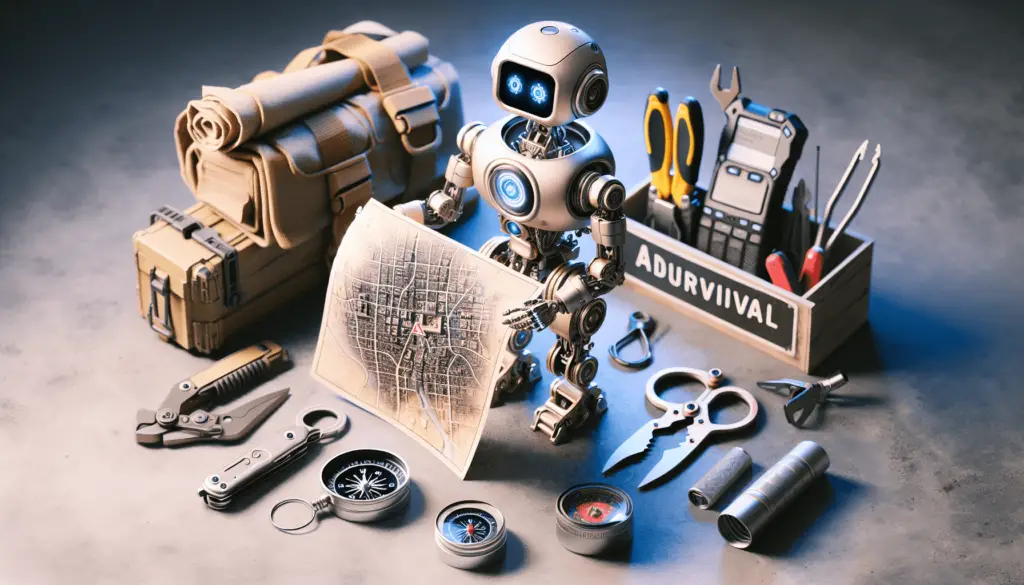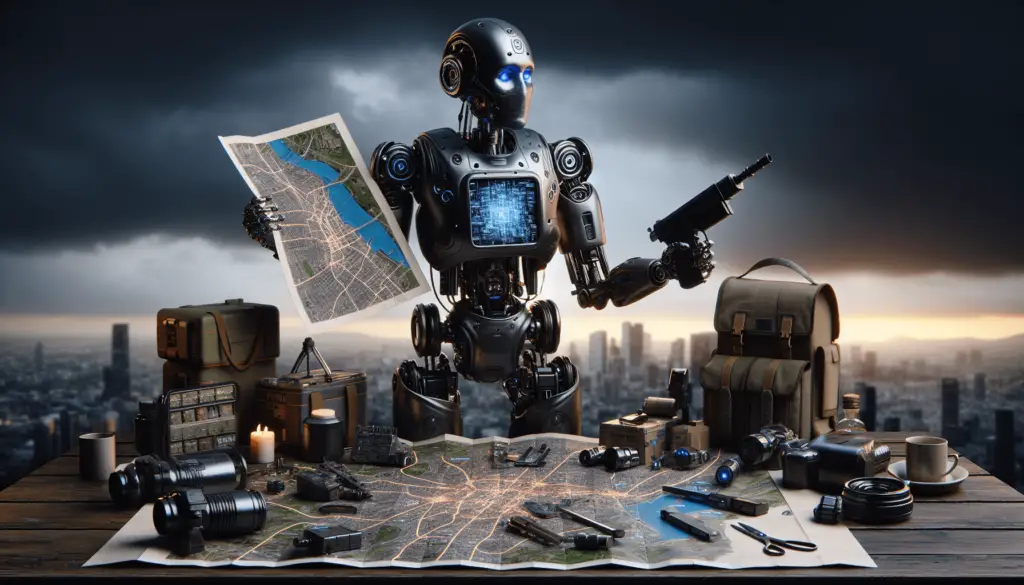The Role Of Artificial Intelligence In Future Prepping Strategies
Have you ever wondered how artificial intelligence (AI) could impact your future prepping strategies?
Understanding Artificial Intelligence
Artificial intelligence refers to the simulation of human intelligence processes by machines, especially computer systems. This includes learning, reasoning, and self-correction. Imagine having a virtual assistant that can anticipate your needs and assist in decision-making processes.
AI in Predictive Analytics
Artificial intelligence can play a significant role in predictive analytics for future prepping. By analyzing historical data and patterns, AI can help predict future trends and outcomes. This can be particularly useful when preparing for potential natural disasters, economic downturns, or other unpredictable events.

Smart Home Automation
AI-powered smart home automation systems can enhance your future prepping strategies by providing real-time monitoring of your home environment. From controlling heating and cooling systems to detecting potential security threats, AI can help you stay one step ahead in preparing for emergencies.
Disaster Response and Recovery
In times of disaster, artificial intelligence can aid in efficient response and recovery efforts. AI technologies such as drones and robots can be deployed to assess damage, deliver supplies, and assist in search and rescue operations. By integrating AI into your future prepping plans, you can better prepare for unexpected emergencies.

AI-Powered Financial Planning
Artificial intelligence can revolutionize financial planning for future prepping. AI-powered algorithms can analyze your financial data, predict market trends, and suggest investment strategies to secure your financial future. By leveraging AI in your financial planning, you can make informed decisions to protect your assets and investments.
Healthcare Monitoring and Telemedicine
AI technology can also be utilized in healthcare monitoring and telemedicine for future prepping strategies. From wearable devices that track your health metrics to virtual consultations with healthcare providers, AI can help you proactively manage your health and well-being. By incorporating AI into your healthcare routine, you can better prepare for potential health emergencies.
AI-Powered Supply Chain Management
Artificial intelligence can optimize supply chain management for future prepping by ensuring efficient inventory management and distribution. AI algorithms can analyze supply chain data, predict demand fluctuations, and streamline logistics processes. By integrating AI into your supply chain management, you can ensure a steady supply of essential goods during emergencies.
Personalized Disaster Preparedness Plans
AI can help create personalized disaster preparedness plans based on your specific needs and vulnerabilities. By analyzing data such as your location, household size, and medical history, AI can recommend customized emergency response strategies. This tailored approach can enhance the effectiveness of your future prepping efforts.
AI-Enhanced Risk Assessment
Artificial intelligence can enhance risk assessment for future prepping by identifying potential threats and vulnerabilities. AI algorithms can analyze data from various sources to assess risks such as natural disasters, cybersecurity breaches, and economic instability. By leveraging AI in risk assessment, you can develop proactive strategies to mitigate potential threats.
Remote Work and Virtual Collaboration
In an increasingly digital world, AI can facilitate remote work and virtual collaboration for future prepping strategies. AI-powered tools such as virtual meeting platforms, project management software, and communication apps can enable seamless collaboration among team members regardless of physical location. By embracing AI technologies for remote work, you can ensure business continuity during disruptions.
Sustainable Living Practices
AI can promote sustainable living practices as part of future prepping strategies. From optimizing energy consumption in your home to reducing waste through smart recycling systems, AI can help minimize your environmental footprint. By adopting AI-driven sustainability initiatives, you can contribute to a more resilient and eco-friendly future.
Conclusion
As you can see, artificial intelligence has the potential to revolutionize future prepping strategies across various domains. From predictive analytics to disaster response, AI can enhance your preparedness for unforeseen challenges. By incorporating AI technologies into your planning and decision-making processes, you can better equip yourself for a more secure and resilient future.
